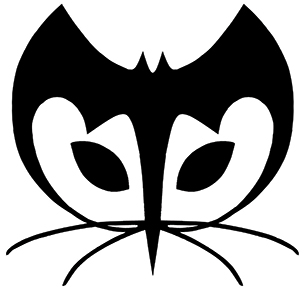In the hardscrabble world of small presses, a ten-year anniversary is a major achievement, so BkMk Press, which is approaching its fiftieth, has much to celebrate. Founded in 1971 as an outlet for Midwestern writers, the press first published poetry chapbooks out of a local branch of the Johnson County Library in Kansas. Today BkMk’s office is located at the University of Missouri in Kansas City, where editor in chief Robert Stewart also oversees the press’s affiliated magazine, New Letters, and the radio show New Letters on the Air. BkMk annually releases about six full-length collections of poetry, short fiction, and nonfiction; it has published more than eighty titles by local, national, and international writers. “Book publishing continues to be dominated by the East Coast, but BkMk gives Missouri and the Midwest a seat at the publishing table,” says managing editor Ben Furnish. In July BkMk will publish Lorraine M. López’s story collection Postcards From the Gerund State, and in the fall it will release Beverly Burch’s poetry collection Latter Days of Eve and Jennifer Wisner Kelly’s story collection, Stone Skimmers. In honor of BkMk’s origins as a chapbook publisher, the editors plan to launch a chapbook competition in 2020. The press currently hosts two other annual contests: the John Ciardi Prize and the G. S. Sharat Chandra Prize, given for a poetry collection and a story collection, respectively. Both competitions open on June 1 and include a $1,000 prize and publication. General submissions are open via Submittable and postal mail until June 30.

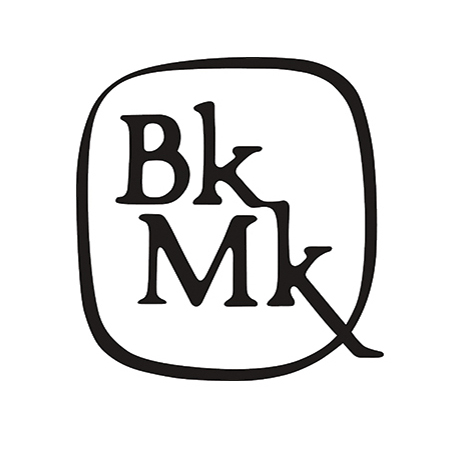
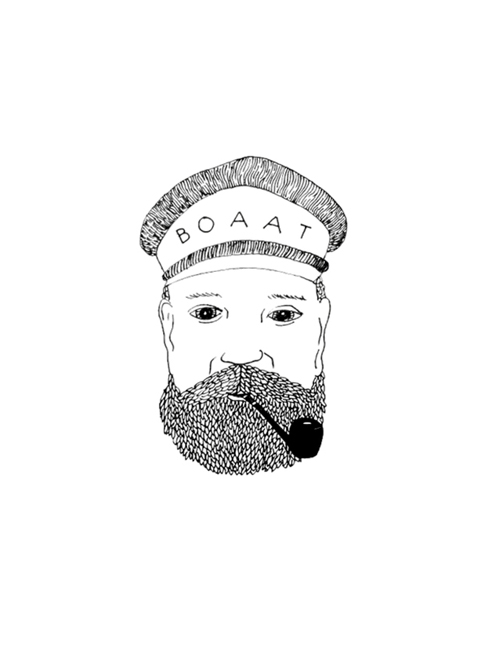
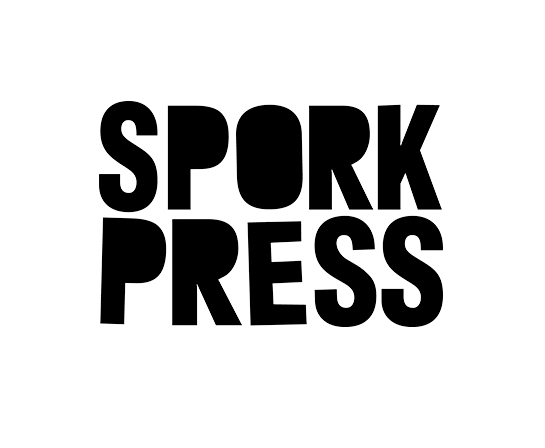

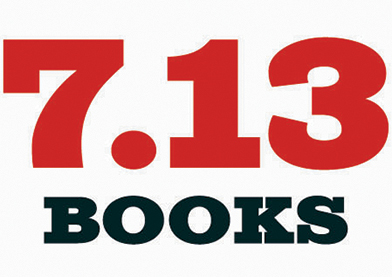
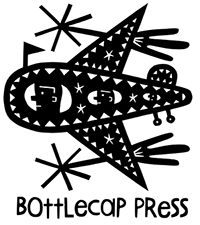
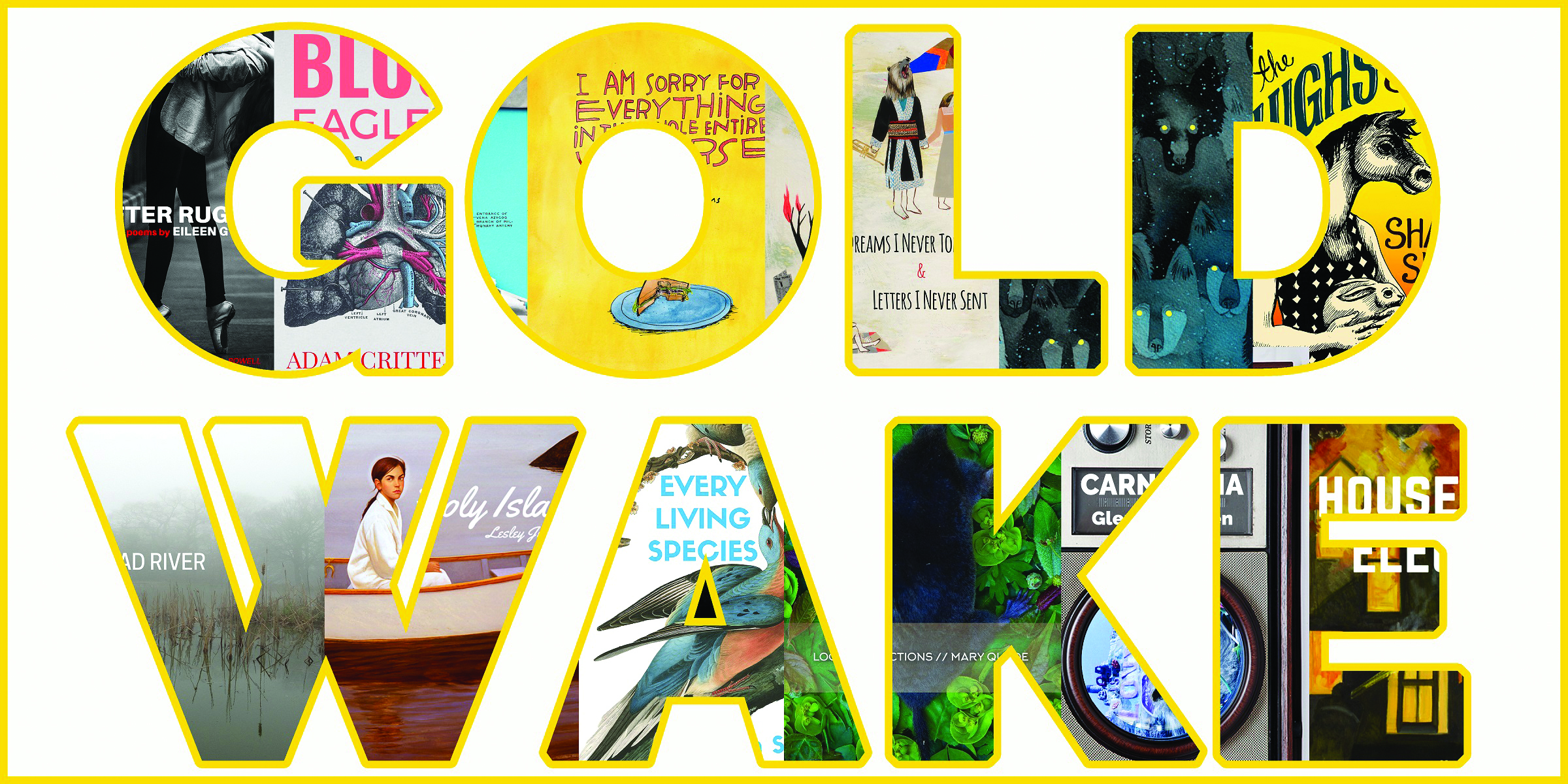
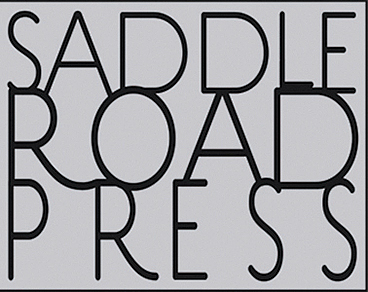
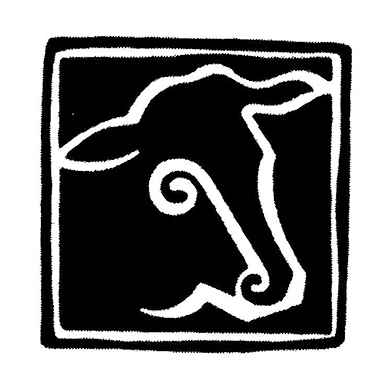
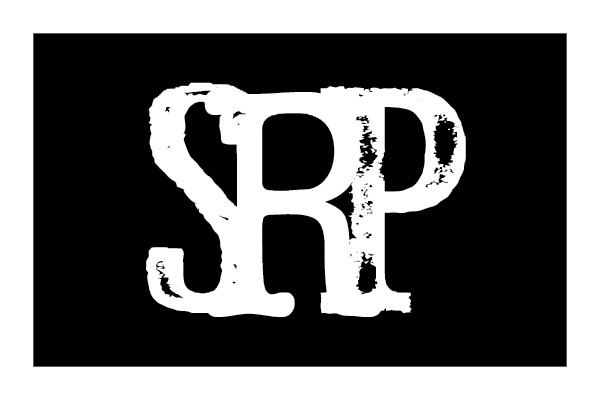

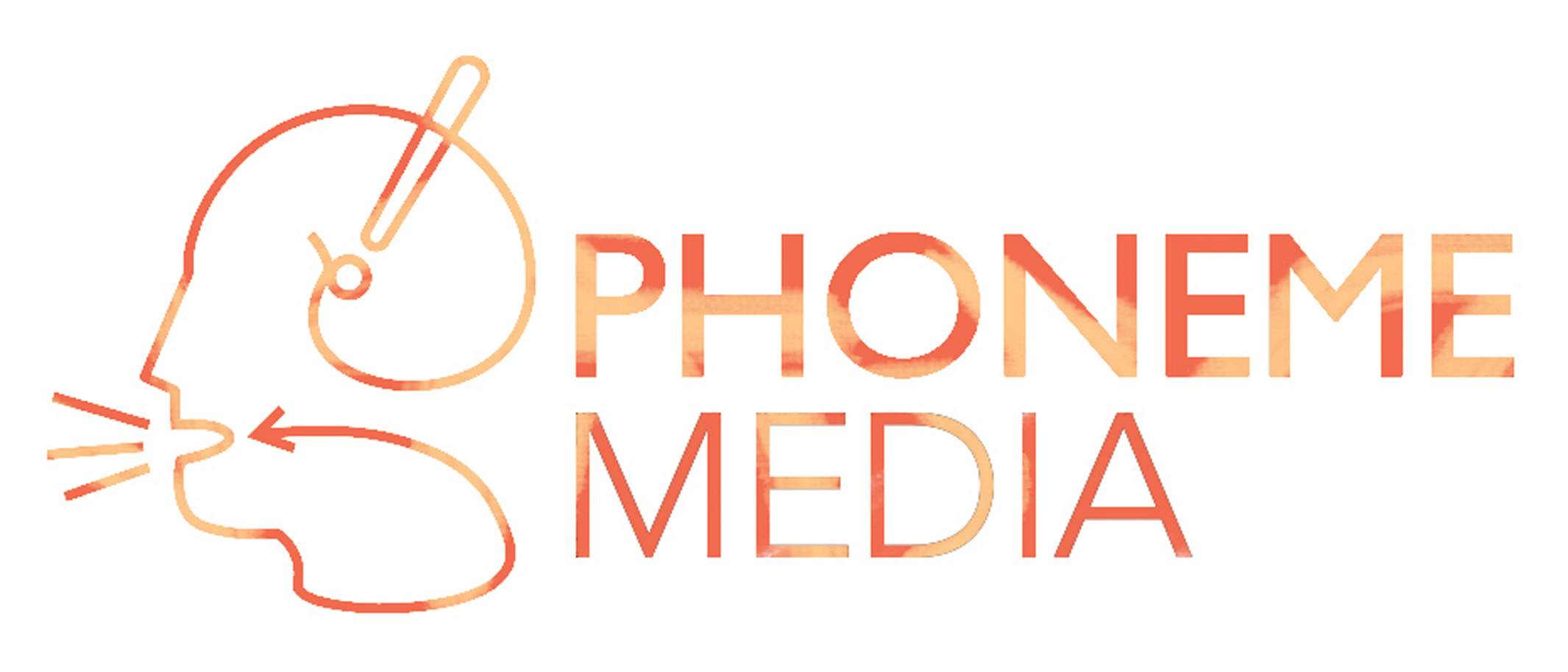 Based in Los Angeles and funded by PEN Center USA, the press publishes twelve books of translated poetry and fiction each year, and also produces literary films—video poems, paratextual films, and short documentaries—that feature the press’s authors and translators. A look at just two months’ worth of Phoneme titles is a trip across several continents: In December the press released Smooth-Talking Dog, a poetry collection by Mexican writer Roberto Castillo Udiarte—also known as “the Godfather of Tijuana’s counterculture”—translated from the Spanish by Anthony Seidman. Richard Ali A Mutu’s novel Mr. Fix-It, translated from the Lingala language of the Democratic Republic of the Congo by Bienvenu Sene Mongaba and Sara Sene, was also released in December. This month the press publishes its first Icelandic translation, Cold Moons by Magnús Sigursson, translated by Meg Matich; as well as The Conspiracy, a thriller by exiled Venezuelan novelist Israel Centeno, translated from the Spanish by Guillermo Parra. The Conspiracy is the second book in Phoneme’s City of Asylum series, which features works by exiled writers receiving sanctuary in the United States. Phoneme’s general submissions are open year-round, and can be sent via e-mail to
Based in Los Angeles and funded by PEN Center USA, the press publishes twelve books of translated poetry and fiction each year, and also produces literary films—video poems, paratextual films, and short documentaries—that feature the press’s authors and translators. A look at just two months’ worth of Phoneme titles is a trip across several continents: In December the press released Smooth-Talking Dog, a poetry collection by Mexican writer Roberto Castillo Udiarte—also known as “the Godfather of Tijuana’s counterculture”—translated from the Spanish by Anthony Seidman. Richard Ali A Mutu’s novel Mr. Fix-It, translated from the Lingala language of the Democratic Republic of the Congo by Bienvenu Sene Mongaba and Sara Sene, was also released in December. This month the press publishes its first Icelandic translation, Cold Moons by Magnús Sigursson, translated by Meg Matich; as well as The Conspiracy, a thriller by exiled Venezuelan novelist Israel Centeno, translated from the Spanish by Guillermo Parra. The Conspiracy is the second book in Phoneme’s City of Asylum series, which features works by exiled writers receiving sanctuary in the United States. Phoneme’s general submissions are open year-round, and can be sent via e-mail to 
